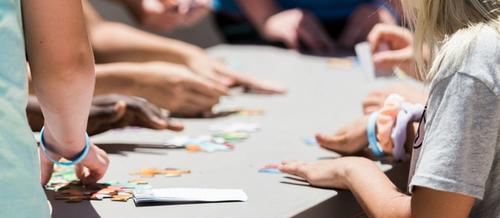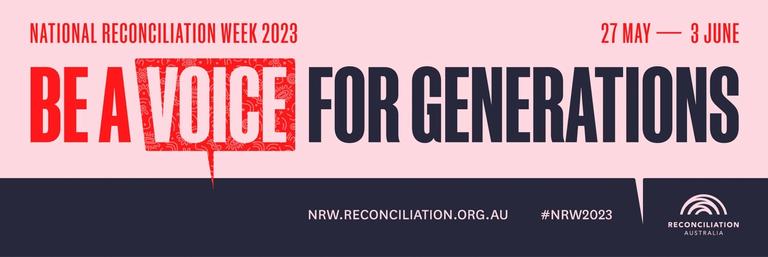
Creative embodied group supervision for therapists, clinicians and service providers
Join a small group of peers to learn, explore, connect, express and reflect through shared discussion, music and creative arts experiences.

Social justice work is not for the fainthearted. Now more than ever, we are obliged to acknowledge our own complicity in systems of oppression as well as to assert our individual agency to bring about a better world. Committed action by many people will eventually become a powerful force for systemic change. And yet many of us grapple with some basic questions: “What can I do?” “What should I do?”
I was born into apartheid in South Africa.
We had a white picket fence with a nanny, a maid and a gardener.
This happened despite the outrage expressed by my Scottish mother who felt deeply uncomfortable but ultimately succumbed to the pressure to conform and offer employment to people.
Just before I turned four years old, my parents made the decision to move to Australia.
Like everyone of my generation and our predecessors, I was taught about white Australian history.
A history that said nothing about the genocide of the First Nations people of this country; nothing about traditional wisdom, cultures and histories.
In my middle class, white 1980s Australia, aboriginality was held in stereotypes, othering and mystery.
However, I was acutely, and hypocritically, aware of the injustice of apartheid in South Africa.
I can remember as a child feeling sad, distressed, ashamed, angry and helpless about the atrocities perpetrated against people of colour in South Africa.
It wasn’t until much later that I became aware of:
Notice the Rage; Notice the Silence.
When I was sixteen, I returned to see my family on their farm in Kwa-Zulu Natal on the east coast of South Africa.
One day, I decided to go for a walk by myself around the back of the dairy, as I had not been around that way before. I walked along, minding my own business until I turned a corner and came upon the village of huts for the African labourers on the farm.
Picture the scene before my presence was detected:
Now picture the scene after my presence was detected:
'Notice the rage; notice the silence' indeed.
I had unwittingly intruded upon a private space where I was understandably not welcome.
Where I was other.
It was confronting, frightening and confusing.
And I felt deeply ashamed of what I represented.
National Reconciliation Week is a time for all Australians to learn about our shared histories, cultures, and achievements, and to explore how each of us can contribute to achieving reconciliation in Australia.
Again, I find myself in a swirl of cultural shame and stuckness.
It’s a mix of shame and inertia coupled with a sense of helplessness and hopelessness.
And when I throw in my white middle class privilege, the shame grows.
I used to be much more engaged in my activism.
But a mix of police brutality and false promises from communities of so-called solidarity led to physical and emotional bruises that left me disillusioned.
And inactive.
I mean, I have attended rallies and signed petitions but haven’t really done much more than that in a long time.
I told myself that I had become jaded.
That I was too busy with my own young family.
And that the work that I have done for the last 15 years in family violence and in support of children impacted by abuse and neglect was “enough”.
However, after reading Chris Germer’s article on The Near and Far Enemies of Fierce Compassion last week, I've decided I need to:
So what is it exactly?
One of the near enemies of fierce compassion.
Kristin Neff has highlighted the the need to explore and acknowledge the yin (nurturing) and the yang (strength) of compassion. Neff conceptualises this through the metaphor of a 'Mama Bear' who nurtures her cub and also fights ferociously to protect it.
"When we suppress our anger, we are likely to lose our capacity to speak truth to power or to take positive action.
Conversely, letting our anger run amok can cause irreparable harm to oneself and others".
It's a fine line to walk.
Near enemies are very similar to the core elements of compassion, but can be deceptive, and ultimately undermine the very qualities we hope to uphold.
They can be tricky to spot.
Far enemies are much easier to identify because they are the opposite of what we are striving for.
If we unpack this in terms of the three core elements of compassion (mindfulness, common humanity and kindness), we can see their far enemies are:
With the near enemies of compassion being:
The far enemies make sense; I can tell they are 'bad', and definitely undesirable.
But the near enemies? They are not so clear, and can be insidious.
Like my political complacency.

Rather obviously, becoming complacent in my activitism has meant that I have failed to actively stand up for my values and beliefs in important ways.
I have fallen into a sense of hopelessness and helplessness in an overwhelming world. And I have justified my complacency and inaction through this lens.
As a result I have become a bystander.
This has only been possible from my position of privilege as a cis-gendered, white, middle class woman.
I feel a deep sense of shame and vulnerability in sharing this.
If I look at this through a lens of self compassion that embodies its fierce and the gentle aspects, I can:
I will leave you with the wise words of Chris Germer, but would love to here how you take compassionate action - please feel free to share here.
Cultivating the qualities of mindfulness, common humanity and kindness is a good foundation for compassionate action, and when we add a measure of wisdom, we can surely change the world for the better.
Wisdom may be defined as an understanding of the complexity of a given situation and the ability to see one’s way through. Another definition of wisdom is recognizing the short and long-term consequences of an action and choosing the course of action that yields the greatest long-term benefit.


Creative embodied group supervision for therapists, clinicians and service providers
Join a small group of peers to learn, explore, connect, express and reflect through shared discussion, music and creative arts experiences.
Header image: Ehimetalor Akhere Unuabona